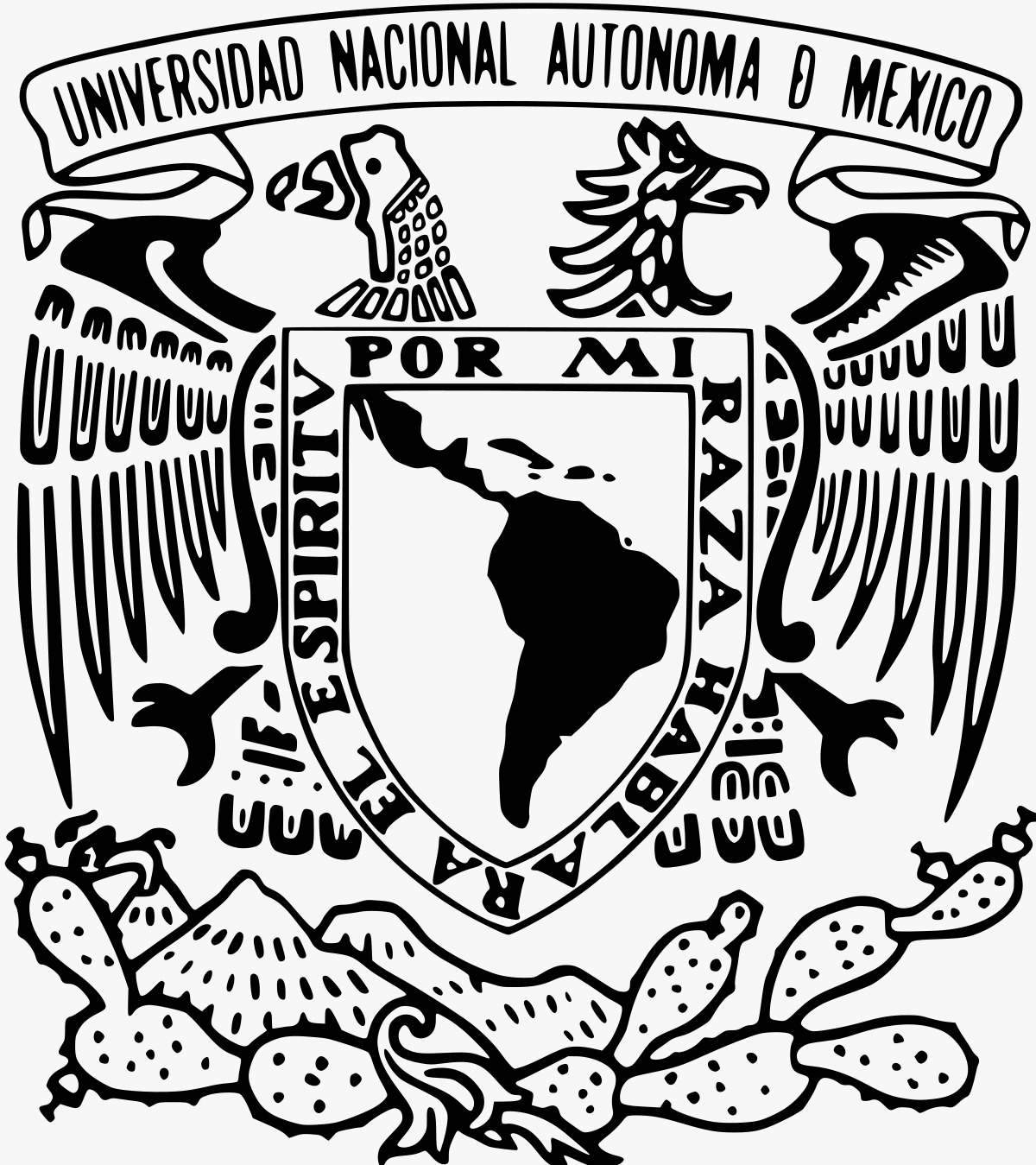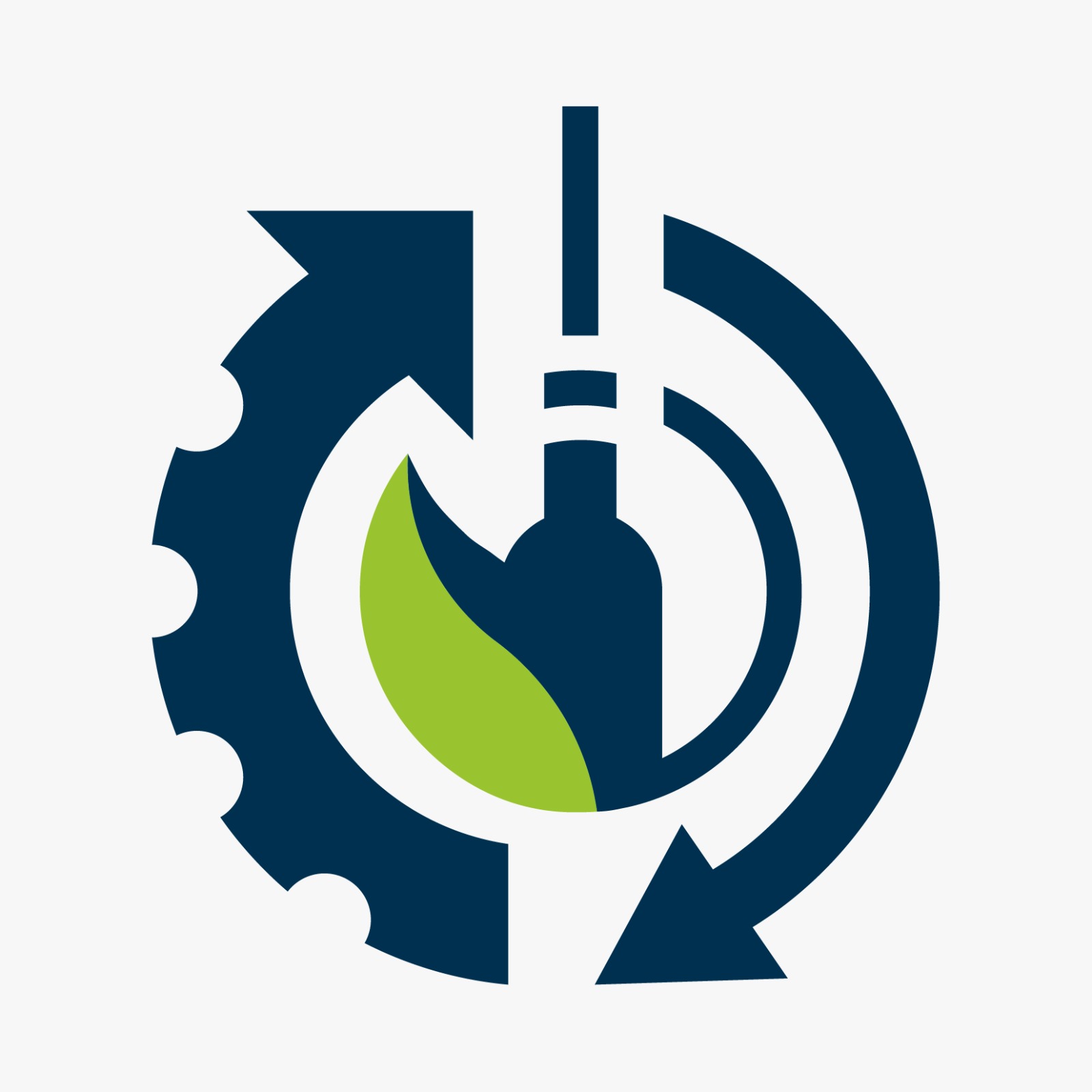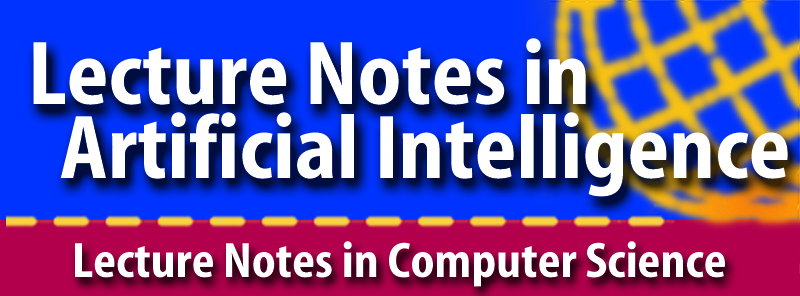Purpose
The International Conference on Interactive Collaborative Robotics (ICR) was established as a satellite event of the International Conference on Speech and Computer (SPECOM) in 2016. The conference gathers together experts from different communities to discuss challenges of human and robot collaboration in industrial, social, medical, education and other areas. Fundamentals and means for collaborative behavior of one or multiple robots with physical interaction with people in operational environment equipped with embedded sensor networks and cloud services in conditions of uncertainty and environmental variability are the main issues of the conference.
General Chairs:
- Leonid Fridman, National Autonomous University of Mexico (UNAM), Mexico
- Jesus Savage, National Autonomous University of Mexico (UNAM), Mexico
- Andrey Ronzhin, St. Petersburg Federal Research Center of the Russian Academy of Sciences (SPC RAS), Russia
Program Committee:
- Roman Meshcheryakov, V.A. Trapeznikov Institute of Control Science of the Russian Academy of Sciences (ICS RAS), Russia (Chair)
- Kamil Aida-zade, Institute of Control Systems (ICS), Ministry of Science and Education, Azerbaijan
- Fikret Aliev, Baku State University (BSU), Azerbaijan
- Ramiz Aliguliyev, Institute of Information Technology (ITT), Ministry of Science and Education, Azerbaijan
- Elchin Aliyev, Institute of Control Systems of the Azerbaijan National Academy of Sciences (ICS ANAS), Azerbaijan
- Rasim Alizade, Azerbaijan Technical University (AzTU), Azerbaijan
- Marco Arteaga, National Autonomous University of Mexico (UNAM), Mexico
- Yasar Ayaz, National University of Sciences and Technology (NUST), Pakistan
- Hector Benitez, National Autonomous University of Mexico (UNAM), Mexico
- Branislav Borovac, University of Novi Sad (UNS), Serbia
- Ivan Ermolov, Ishlinsky Institute for Problems in Mechanics of the Russian Academy of Sciences (IPMech RAS), Russia
- Larry Escobar, National Autonomous University of Mexico (UNAM), Mexico
- Oscar Fuentes, Tecnológico de Monterrey (ITESM), Mexico
- Eduardo Garcia, FESTO, Mexico
- Vagif Gasymov, Azerbaijan Technical University (AzTU), Azerbaijan
- Viktor Glazunov, Mechanical Engineering Research Institute of the Russian Academy of Sciences (IMASH RAN), Russia
- Mehmet Guzey, Sivas University of Science and Technology (SBTU), Turkey
- Juan Ibarra, Center for Research and Advanced Studies (CINVESTAV), Mexico
- Vagif Ibrahimov, Baku State University (BSU), Azerbaijan
- Ismayil Ismayilov, National Aviation Academy (NAA), Azerbaijan
- Kummert Johannes, Bielefeld University, Germany
- Dimitrios Kalles, Hellenic Open University (HOU), Greece
- Alexey Kashevnik, St. Petersburg Federal Research Center of the Russian Academy of Sciences (SPC RAS), Russia
- Anis Koubaa, Prince Sultan University (PSU), Saudi Arabia
- Evgeni Magid, Kazan Federal University (KFU), Russia
- Ilshat Mamaev, Karlsruhe Institute of Technology (KIT), Germany
- Kamil Mansimov, Institute of Control Systems (ICS), Ministry of Science and Education, Azerbaijan
- Paul Maya, National Autonomous University of Mexico (UNAM), Mexico
- Eduardo Morales, National Institute of Astrophysics, Optics and Electronics (INAOE), Mexico
- Marco Morales, Autonomous Technological Institute of Mexico (ITAM), Mexico
- Geylani Panahov, Institute of Control Systems (ICS), Ministry of Science and Education, Azerbaijan
- Adalat Pashayev, Institute of Control Systems (ICS), Ministry of Science and Education, Azerbaijan
- Fahrad Pashayev, Institute of Control Systems (ICS), Ministry of Science and Education, Azerbaijan
- Luis Pineda, National Autonomous University of Mexico (UNAM), Mexico
- Viacheslav Pshikhopov, Southern Federal University (SFedU), Russia
- Mirko Rakovic, University of Novi Sad (UNS), Serbia
- Caleb Rascon, National Autonomous University of Mexico (UNAM), Mexico
- Saul de la Rosa, National Autonomous University of Mexico (UNAM), Mexico
- David Rosenblueth, National Autonomous University of Mexico (UNAM), Mexico
- Ramin Rzayev, Institute of Control Systems (ICS), Ministry of Science and Education, Azerbaijan
- Elkhan Sabziyev, Institute of Control Systems (ICS), Ministry of Science and Education, Azerbaijan
- Aminagha Sadigov, Institute of Control Systems (ICS), Ministry of Science and Education, Azerbaijan
- Hooman Samani, University of Hertfordshire (UH), UK
- Yulia Sandamirskaya, Intel, Switzerland
- Eduardo Sandoval, National Autonomous University of Mexico (UNAM), Mexico
- Shahnaz Shahbazova, Azerbaijan State University of Economics (UNEC), Azerbaijan
- Evgeny Shandarov, Tomsk State University of Control Systems and Radioelectronics (TUSUR), Russia
- Humberto Sossa, National Polytechnic Institute (IPN), Mexico
- Lev Stankevich, Peter the Great St. Petersburg Polytechnic University (SPbPU), Russia
- Enrique Sucar, National Institute of Astrophysics, Optics and Electronics (INAOE), Mexico
- Hector Vargas, Popular Autonomous University of the State of Puebla (UPAEP), Mexico
- Sergey Yatsun, Southwest State University (SWSU), Russia
- Alena Zakharova, V.A. Trapeznikov Institute of Control Science of the Russian Academy of Sciences (ICS RAS), Russia
- Gerardo Espinosa, National Autonomous University of Mexico (UNAM), Mexico
- Carlos Rivera, National Autonomous University of Mexico (UNAM), Mexico
Organization Committee:
- Marco Negrete, National Autonomous University of Mexico (UNAM), Mexico (Co-Chair)
- Alejandro Velazquez, National Autonomous University of Mexico (UNAM), Mexico (Co-Chair)
- Alyona Lopotova, St. Petersburg Federal Research Center of the Russian Academy of Sciences (SPC RAS), Russia (Co-Chair)
- Marina Astapova, St. Petersburg Federal Research Center of the Russian Academy of Sciences (SPC RAS), Russia
- Ekaterina Cherskikh, St. Petersburg Federal Research Center of the Russian Academy of Sciences (SPC RAS), Russia
- Natalia Dormidontova, St. Petersburg Federal Research Center of the Russian Academy of Sciences (SPC RAS), Russia
- Dmitriy Levonevskiy, St. Petersburg Federal Research Center of the Russian Academy of Sciences (SPC RAS), Russia
- Anna Motienko, St. Petersburg Federal Research Center of the Russian Academy of Sciences (SPC RAS), Russia
- Irina Podnozova, St. Petersburg Federal Research Center of the Russian Academy of Sciences (SPC RAS), Russia
- Alexandr Smerchansky, St. Petersburg Federal Research Center of the Russian Academy of Sciences (SPC RAS), Russia
|
The authors are asked to submit their papers using the on-line submission system:http://ia.spcras.ru/index.php/icr2024/ Articles submitted to the organizing committee should not be considered by another conference and published earlier or accepted for publication in another publication. Authors should submit for review a paper in DOCM format in English with a volume of 12-15 pages, formatted in the Springer style and containing the following sections: |
Download a template |
- abstract (180-200 words)
- keywords (at least 5 words and phrases)
- introduction
- the main part
- conclusion
- acknowledgements (if necessary)
- references
Accepted papers must be personally presented at the conference by the authors in the form of an oral or poster report. The decision on the presentation format will be based on the recommendation of three independent reviewers.
For full-time participants the registration fee is TBA US$. It covers the cost of a pre-press preparation of the paper for publication in the Springer, participant's package, catering, cultural services, tax. For online participants registration fee is 150 US$. It covers only the cost of a pre-press preparation of the paper for publication in the Springer.
For accompany person of full-time participants the registration fee is 100 US$. It covers the cost of catering, cultural services, tax. Participation in the video conference is free of charge.
The accepted papers will be published in the proceedings of the Interactive Collaborative Robotics conference in English in the Lecture Notes in Artificial Intelligence book series published by Springer, indexed in EI-Compendex, SCOPUS and Springerlink.
Previous ICR conference proceedings is available on the SpringerLink website.



.jpg)



